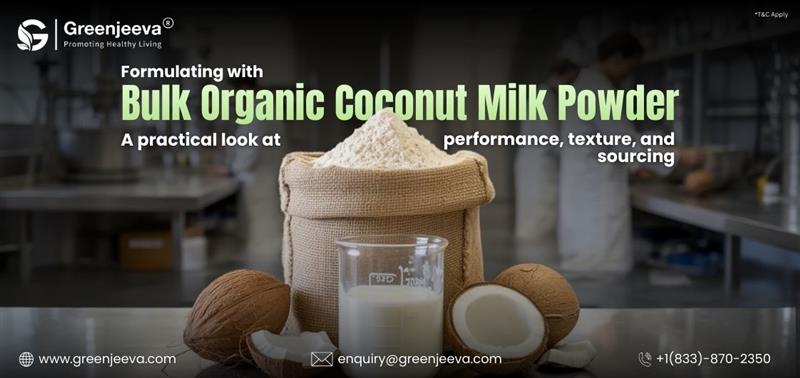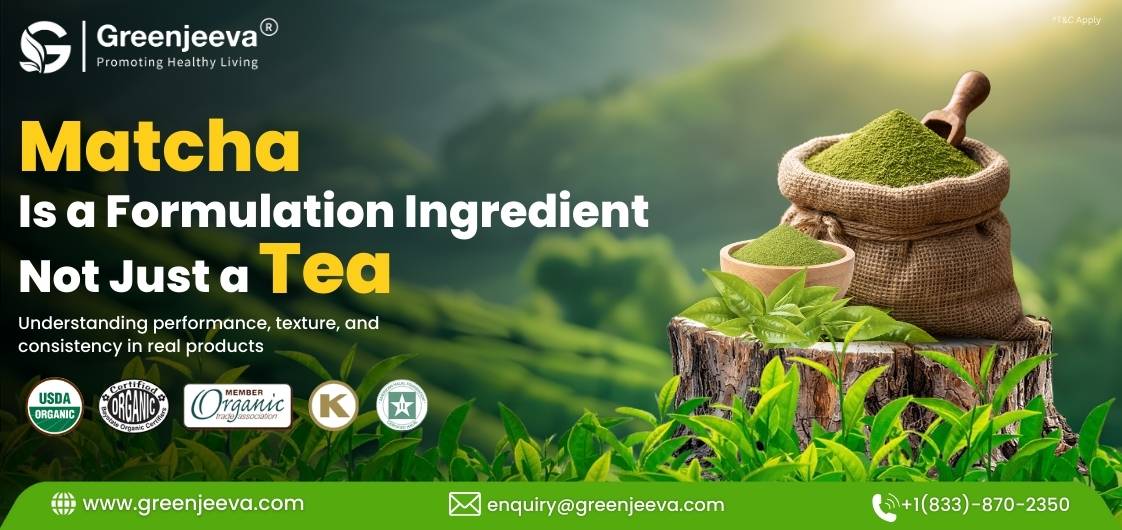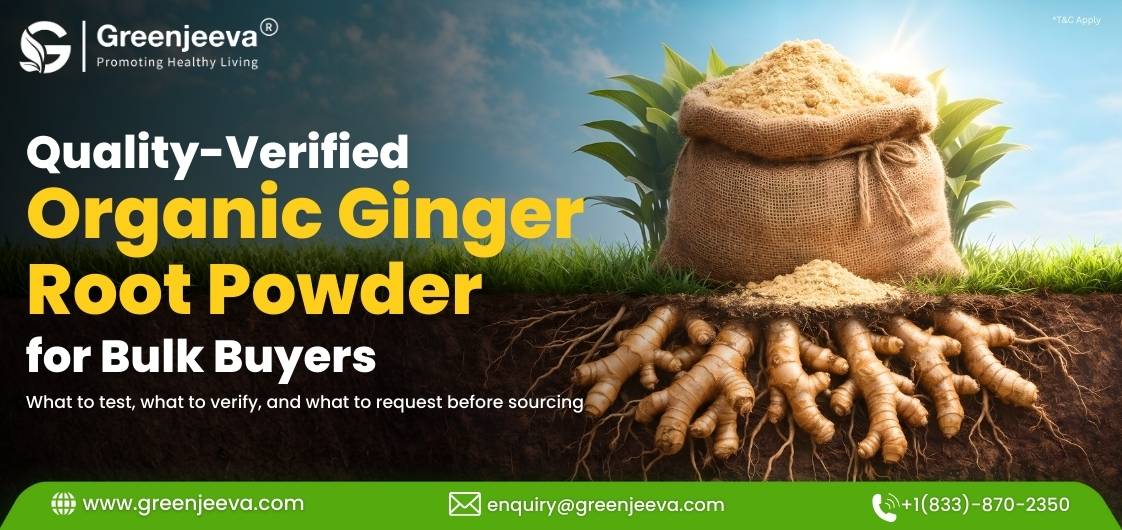Harness the Power of Natural Sweeteners: Improve Your Food and Beverage Products in the B2B Market

Using natural sweeteners in the B2B market for food and drinks is crucial. People want healthier alternatives to sugar, which means businesses need to adapt. By incorporating natural sweeteners, you can meet these demands and be known for promoting well-being.
Benefits and Uses of Natural Sweeteners
Natural sweeteners are a healthier option for sugar. They enhance taste without compromising flavor, making health-conscious consumers happy. By using natural sweeteners, you can offer products that people prefer, giving them delicious choices that support their health.
Common Natural Sweeteners for Food and Beverage Products
Discover the world of natural sweeteners and unlock the potential to create healthier and delicious food and beverage products. In this guide, we will explore a variety of commonly used natural sweeteners and their unique qualities. From the intense sweetness of stevia to the rich caramel-like flavor of coconut sugar, these ingredients offer a natural and flavorful alternative to traditional sugars. Join us as we delve into these common natural sweeteners' benefits, applications, and versatility, empowering you to meet consumer demands and cater to their preferences for healthier options.
Here are raw ingredients commonly used as natural sweeteners in food and beverage products:
Stevia: Stevia is a plant-based sweetener highly regarded for its intense sweetness without adding calories. It is often used as an alternative to sugar in various food and beverage products.
Monk Fruit Extract: Also known as Luo Han Guo, monk fruit extract is a natural sweetener that provides a sweet taste with minimal calories. It is commonly used in beverages, desserts, and baking recipes.
Coconut Sugar: Coconut sugar is derived from the sap of coconut palm trees. It has a rich caramel-like flavor and can be used as a substitute for regular sugar in various food and beverage applications.
Agave Nectar: Agave nectar is a natural sweetener derived from the plant. It has a low glycemic index and is commonly used as a sweetener in beverages, baked goods, and dressings.
Maple Syrup: Maple syrup is a sweetener made from the sap of maple trees. It adds a distinct flavor to dishes and is often used as a natural sweetener in pancakes, waffles, and desserts.
Date Syrup: Date syrup is made from the concentrated juice of dates. It offers a rich, caramel-like flavor and is a natural sweetener in baked goods, smoothies, and sauces.
Honey: Honey is a sweet and viscous liquid produced by bees. It is widely used as a natural sweetener in various food and beverage products, including tea, baked goods, and sauces.
Molasses: Molasses is a byproduct of the sugar refining process. It has a robust flavor and is commonly used as a natural sweetener in baked goods, marinades, and sauces.
Xylitol: Xylitol is a sugar alcohol derived from plants. It has a similar sweetness to sugar but fewer calories and a lower glycemic index. It is a natural sweetener in gums, candies, and sugar-free products.
Erythritol: Erythritol is another sugar alcohol that occurs naturally in certain fruits and fermented foods. It provides sweetness without calories and is commonly used as a natural sweetener in beverages, baked goods, and desserts.
These raw ingredients offer alternative sweetening options for food and beverage products, catering to the growing demand for natural and healthier alternatives to traditional sugar.
Understanding Trends and Consumer Preferences
To stay competitive, understand what consumers want. They're looking for healthier options and changing their eating habits. By recognizing these trends and meeting their needs, your business can lead the market by offering natural sweetening options.
Finding High-Quality Natural Sweeteners
It's essential to get high-quality natural sweeteners. Partner with reliable suppliers who use sustainable sourcing practices. This way, you'll maintain consistent, pure, and transparent ingredients. Meeting consumer expectations and being transparent builds trust and ensures high-quality products.
Best Practices for Formulation
Creating products with natural sweeteners requires careful consideration. Think about dosage, flavors, and compatibility with other ingredients. You can make healthier options without compromising taste and texture. By following best practices, you'll use natural sweeteners in your products.
Regulatory Considerations
When using natural sweeteners, be aware of regulations and requirements. Follow labeling, usage levels, and health claims guidelines to ensure compliance. Staying updated with rules prevents legal issues and guarantees the safety and integrity of your products.
Industry Innovations and Trends
Stay ahead of the competition by knowing the latest innovations and trends in natural sweeteners. Explore new ingredients and techniques to inspire your product development.
By adapting to emerging trends, you can meet consumer preferences and enjoy the growing demand for natural sweetening options.
Conclusion
In summary, natural sweeteners are essential for food and drinks in the B2B market. By understanding their benefits, you can meet consumer demands and stay competitive. Offering healthier options that align with health-conscious consumers' preferences leads to long-term growth and success.
Disclaimer:
***These statements have not been evaluated by the Food and Drug Administration. This product is not intended to diagnose, treat, cure, or prevent any disease.***






